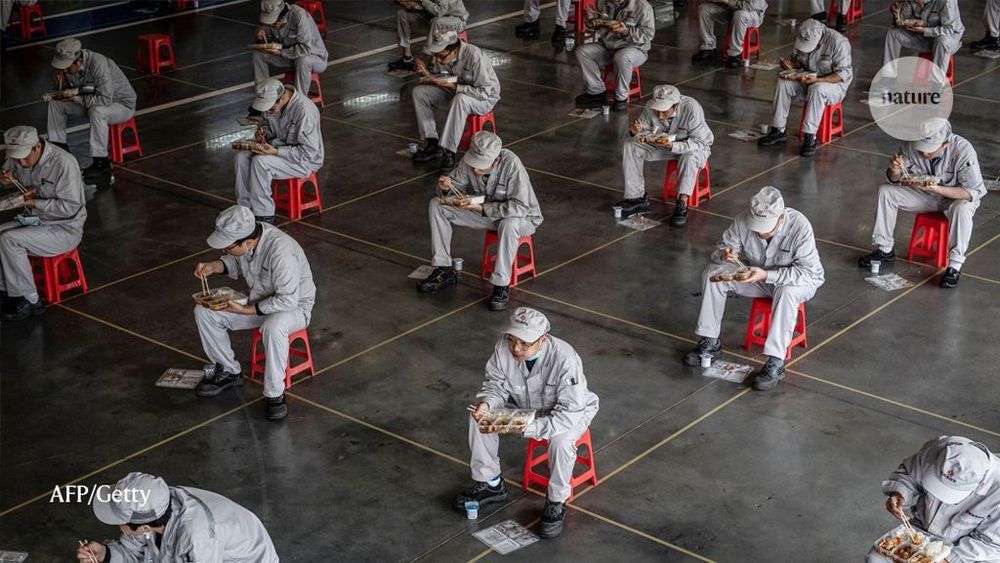Governments across the world are relying on mathematical projections to help guide decisions in this pandemic. Computer simulations account for only a fraction of the data analyses that modelling teams have performed in the crisis, Ferguson notes, but they are an increasingly important part of policymaking. But, as he and other modellers warn, much information about how SARS-CoV-2 spreads is still unknown and must be estimated or assumed — and that limits the precision of forecasts. An earlier version of the Imperial model, for instance, estimated that SARS-CoV-2 would be about as severe as influenza in necessitating the hospitalization of those infected. That turned out to be incorrect.
How epidemiologists rushed to model the coronavirus pandemic.
